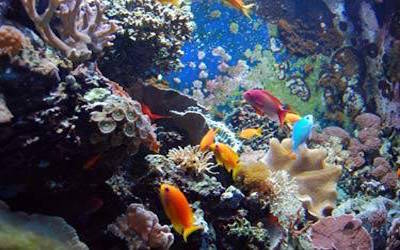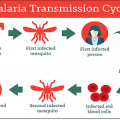随着PTE考生对PTE口语和PTE听力的重视,大家口语和听力的分数得到极大提高,但是PTE阅读渐渐成为考生们新的难题。墨尔本悉尼文波PTE特别为PTE考生们挑选了适合练习PTE阅读的文章,主题,内容,长度都与PTE阅读题中的文章相似。激活学过的词汇,更新新的词汇,提高阅读速度,全面提升自己的阅读能力。
Corals can still grow their ‘bones’ in acid waters
Climate change is a big problem for corals, the colony-forming animals that provide a home to an estimated 25% of marine life. Ocean acidification in particular, caused as the ocean absorbs carbon dioxide from the atmosphere, is a grave concern for stony corals, because it makes it harder for the animals to passively precipitate skeletons made of calcium carbonate, the same molecule found in antacids for heartburn and indigestion. Now, scientists have suggested that corals have some active control over their skeletal growth—and that it may protect them from the worst ravages of ocean acidification. To find out how corals build their “bones,” scientists used ultrahigh-resolution microscopic imaging to watch the common stony coral, Stylophora pistillata, construct its frame. The images showed the coral secreting a template of acidic proteins that caused calcium carbonate—produced from calcium and carbonate ions in the surrounding water—to accrete into mineral crystals, forming the core of the skeleton. This provides the strongest evidence yet in favor of a biologically-controlled coral skeletal growth, the team reports today in Science. And since the acidic proteins are able to function at a much wider pH range than suspected, the scientists say that corals can continue to build reefs, even as the ocean acidifies. But that doesn’t mean that coral reefs are in the clear. First, they still need the calcium carbonate building blocks that make their homes—which are expected to be scarcer in an acidifying sea. Second, they’ll still be under dire threat from warming waters and algal blooms that can lead to coral bleaching and death.





